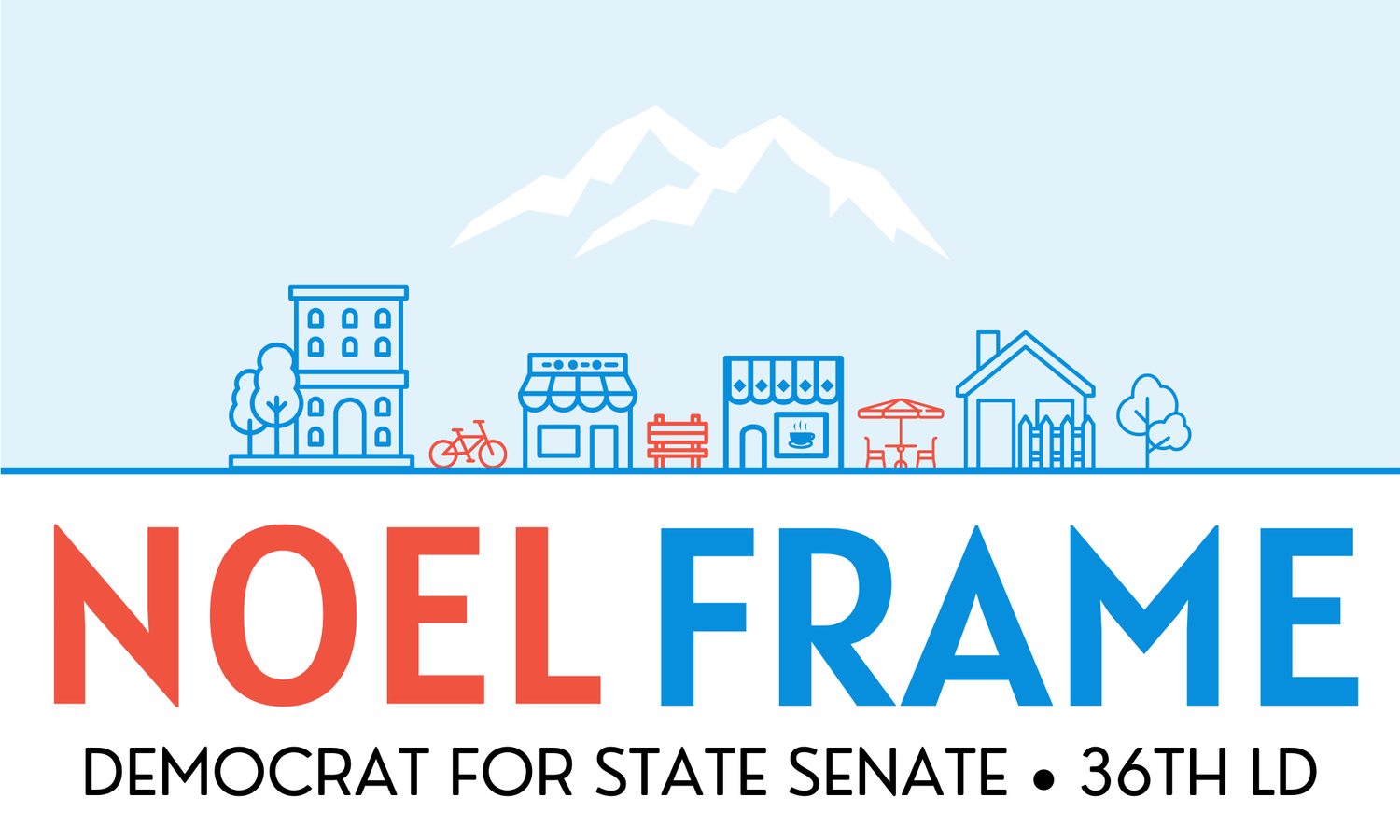Bravo! Babies’ bottoms will benefit from budget boost for diapers
The News Tribune
THE OLYMPIAN EDITORIAL BOARD
As all babies will tell you — at the top of their lungs — soggy diapers are miserable, and diaper rash hurts a lot. So we are pleased to see that both the state Senate and House proposed budgets include funding for diapers for very low income families that receive monthly grants from the Temporary Assistance for Needy Families (TANF) program.
Diapers cost up to $100 a month. And according to WestSide Baby, a King County nonprofit diaper bank, “When families cannot afford diapers, parents replace them with paper towels, plastic bags, or may re-use dirty diapers. Mothers in this situation are more likely to suffer from maternal depression and other mental health issues.” Also, nearly all childcare providers require that parents provide diapers. No diapers, no child care. No child care, no job.
Toni Sarge, director of public affairs for WestSide Baby, says she and other nonprofit diaper banks from around the state reached out to legislators and persuaded Rep. Noel Frame, D-Ballard, and Sen. T’wina Nobles, D-Fircrest, to sponsor The End Diaper Need Act to add money for diapers to TANF grants for parents with children under 3 years old. Then Sarge and her allies organized a campaign that included having over 250 people sign up to support the bills when they were scheduled for public hearings. One of their partners is the Olympia-based nonprofit Dry Tikes and Wet Wipes.
“It’s huge that we’re in both budgets,” Sarge marvels. The Senate is calling for a $100 a month increase; the House for $50. The final budget will likely be somewhere in between. That still won’t cover the whole bill for diapers, but it will certainly help. And, as Sarge says, “Helping families provide clean dry diapers is really the least we can do.” The TANF grant for a family of three with no income is $654 per month. Recipients are also eligible for food assistance, but those funds can’t be used to buy diapers. And one of the difficulties of deciding how much to add to the state budget for diapers is the risk of raising a family’s TANF grant to an amount that would result in a cut in their food assistance.
Fortunately, money for diapers is not the only measure the legislature is taking to reduce poverty. The state has more money than usual because of unexpected revenue from a recovering economy and from federal pandemic relief funding. Gov. Inslee has made poverty reduction a marquee issue this year. And the House Democrats, who are in the majority, have focused this biennium on equity for “Black, brown and indigenous communities that have suffered disproportionate impacts during the pandemic,” and “the input of trusted community organizations.”
The proposed House budget includes a solid list of investments in K-12 schools, TANF, child care, shelter, housing, public health, food assistance, mental health, long-term care, post-secondary education and job training. Taken together, they will help many of the estimated 1.7 million Washingtonians who, according to Inslee, “still do not have enough resources or income to maintain consistent housing, access healthy food, pay utility bills or meet other basic needs.” That estimated number predates the pandemic, and is almost certainly higher now. These investments, and this resolve to combat poverty, are good news. But the best news for babies and for democracy is that women who run nonprofit diaper banks all over the state can band together, lobby their elected representatives, and win. In doing so, they have also provided the public with a vivid example of the suffering poverty can inflict on babies and small children. Score one for the little guys and girls.
